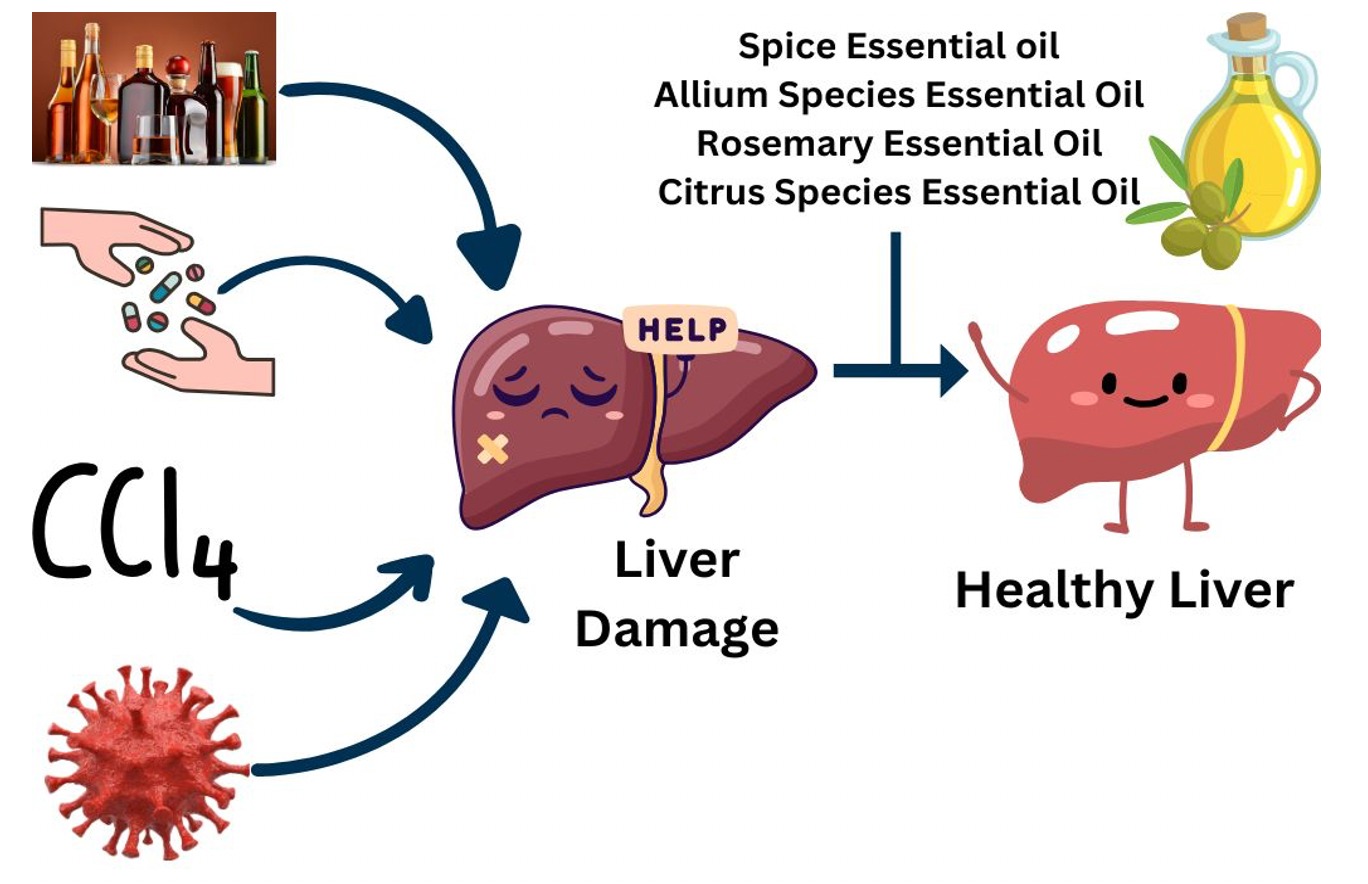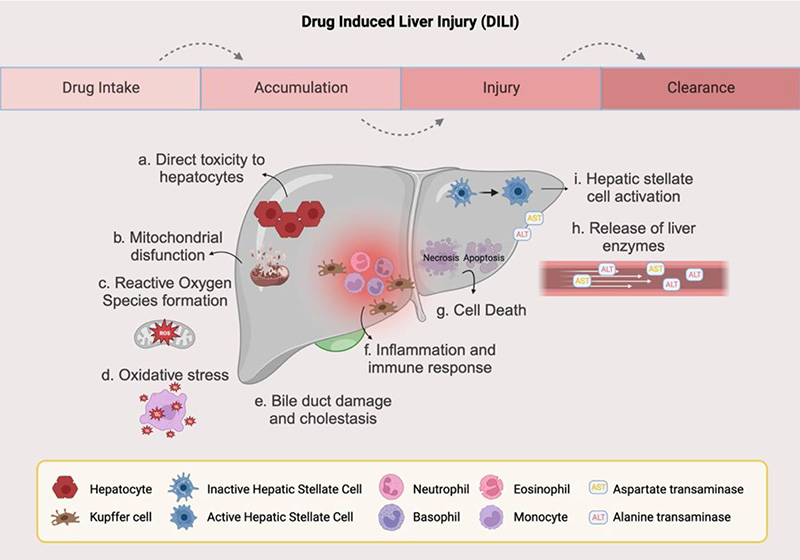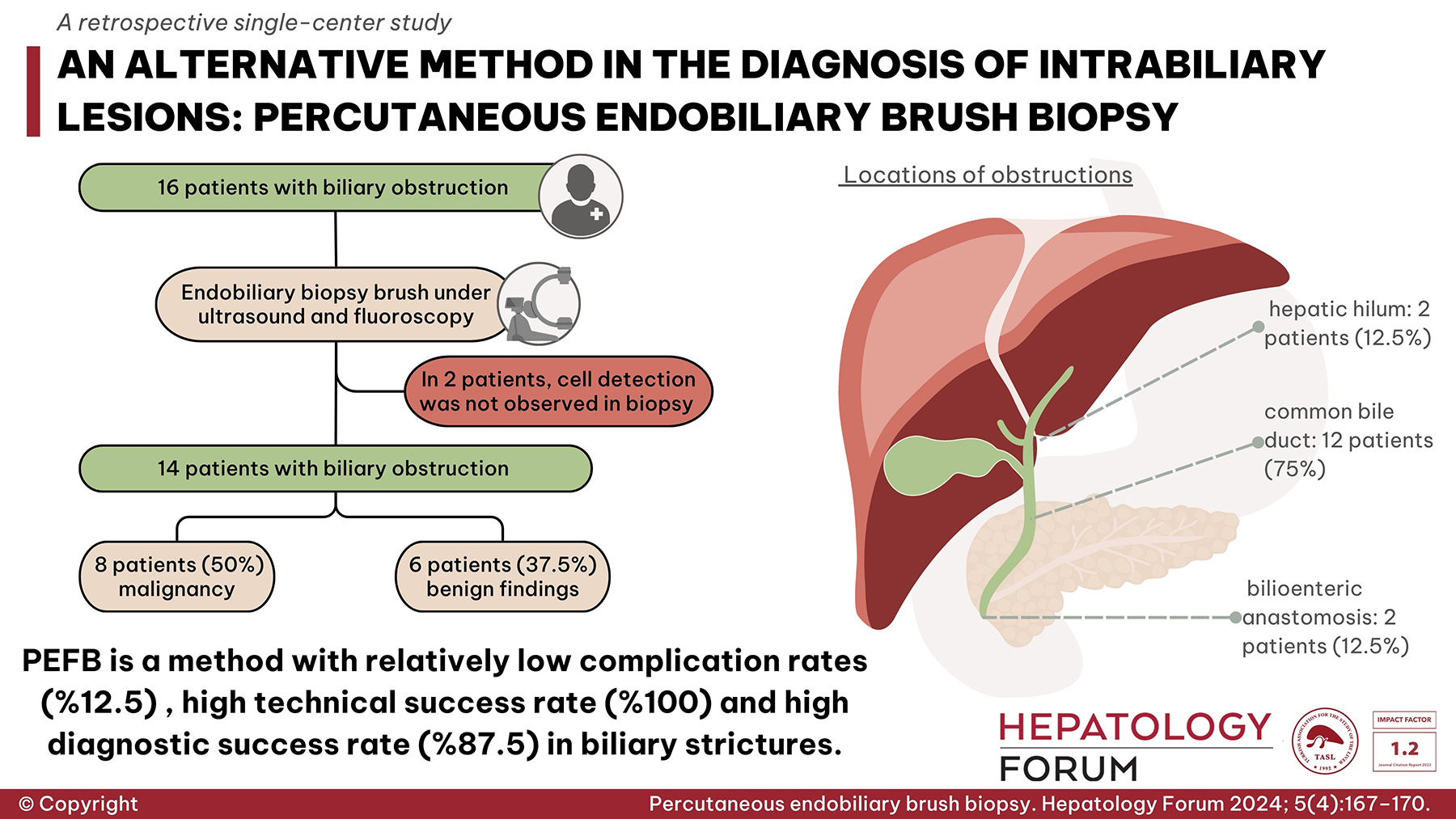2Students’ Scientific Society of the Department of Infectious and Tropical Diseases and Hepatology, Medical University of Warsaw, Warsaw, Poland
Abstract
Background and Aim: Asymmetric dimethylarginine (ADMA) is an enzyme involved in vascular tone, blood pressure, and platelet activation. Serum ADMA levels are increased in liver diseases such as liver cirrhosis, hepatitis, and acute liver failure. The aim of our study was to assess the correlation of ADMA with proinflammatory, liver injury, and cancer biomarkers in patients with liver dysfunction of various etiologies.
Material and Methods: We analyzed the demographic and clinical data, including serum ADMA concentration and other biochemical markers such as albumin, platelet count, international normalized ratio, bilirubin, and others in patients with hepatitis, compensated and decompensated liver cirrhosis, and hepatocellular carcinoma. The one-way ANOVA, Student’s t-test, Mann-Whitney U test, univariate, and multivariate correlations were performed, and a p-value <0.05 was set as significant.
Results: In n=83 analyzed patients, we observed a negative correlation of ADMA with albumin concentration (p=0.049). We found a negative correlation between ADMA and platelet count in n=31 patients with compensated liver cirrhosis (p=0.022). We observed no significant correlations of ADMA with proinflammatory and cancer biomarkers in patients with hepatitis, compensated and decompensated liver cirrhosis, and hepatocellular carcinoma.
Conclusion: ADMA can potentially be used as a subsidiary marker of disease progression in patients with liver dysfunction. Our research suggests that ADMA cannot be useful in detecting hepatocellular carcinoma (HCC).





 Agnieszka Lembas1
Agnieszka Lembas1 









